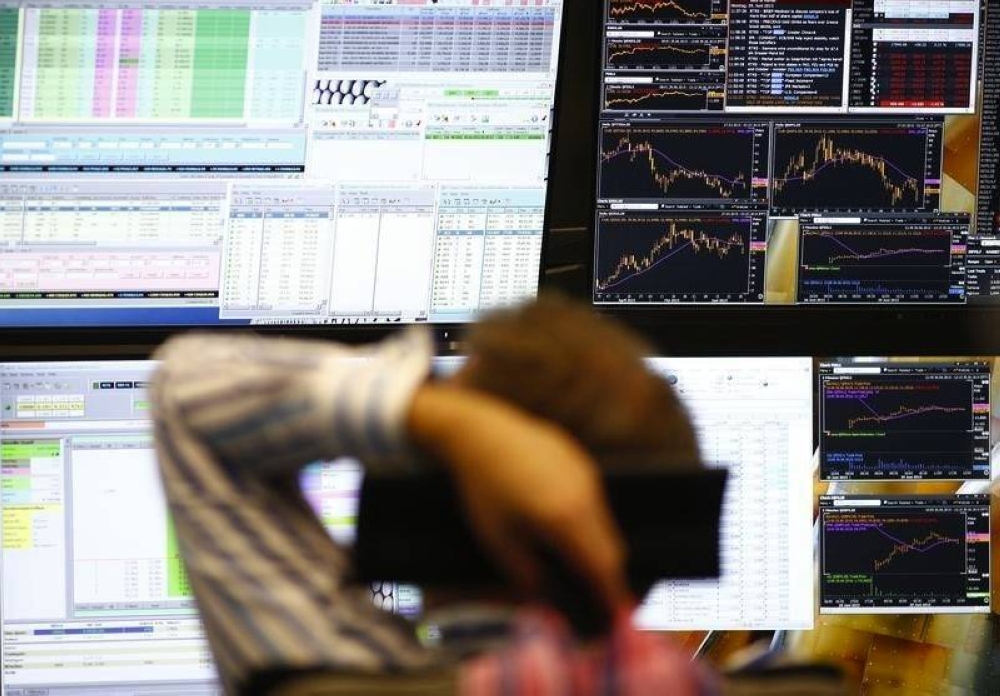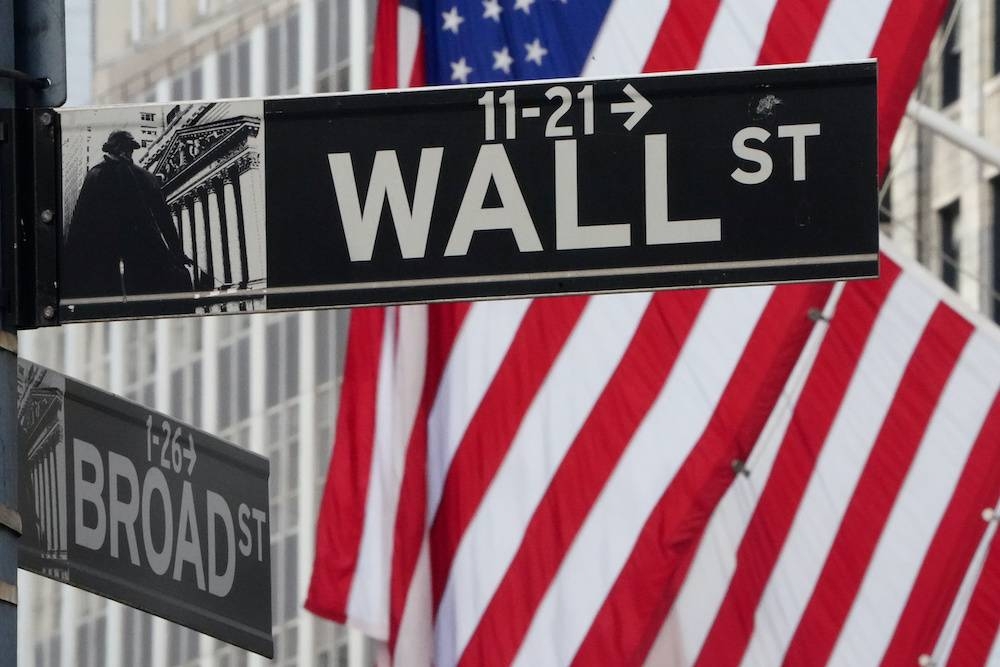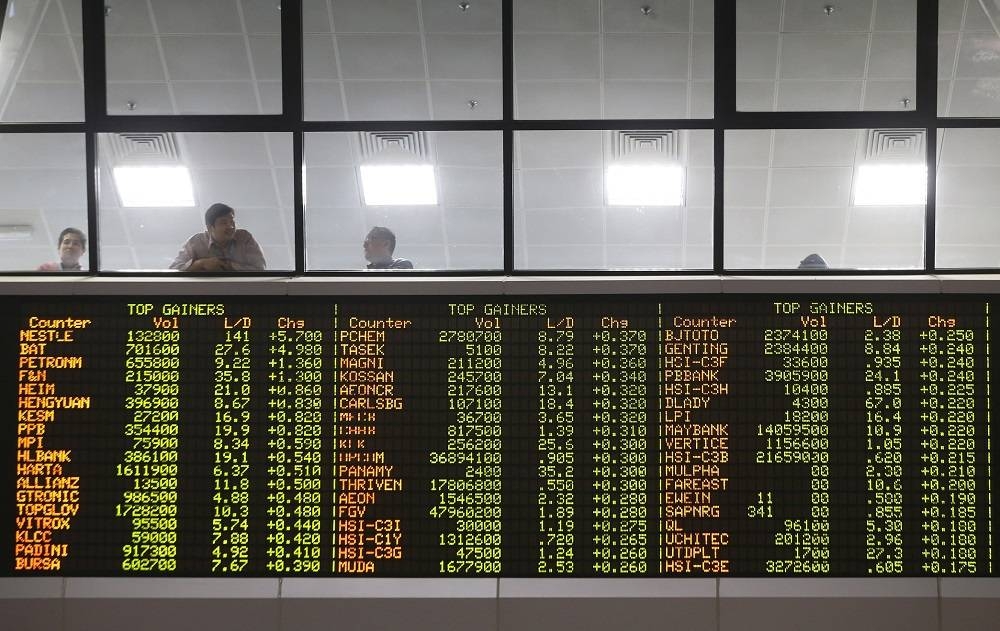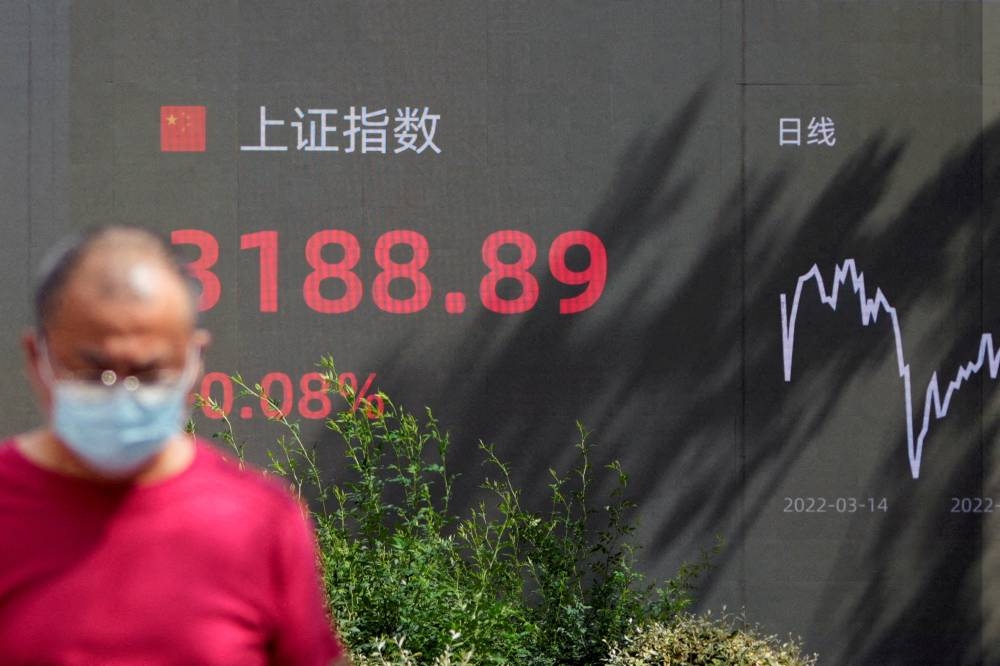NEW YORK, Dec 6 — Global stocks and Treasury prices fell yesterday as new evidence of a strong US economy raised fears that interest rates will stay higher for longer, eclipsing China’s easing of pandemic restrictions.
US services industry activity unexpectedly picked up in November, with employment rebounding, in the latest sign of underlying economic momentum that could keep the Federal Reserve on alert to tighten policy further as it fights high inflation.
Yields, which move inversely to a bond’s price, shot higher after the Institute for Supply Management (ISM) said its non-manufacturing PMI increased to 56.5 last month from 54.4 in October, which was the lowest reading since May 2020.
US factory activity also showed a 1 per cent gain for October, as did orders for durable goods.
“It’s all about the Fed. The Fed doesn’t want the economy to fall apart, but they want the economy to slow to help counter inflation,” said Tim Ghriskey, chief investment strategist at Inverness Counsel in New York.
“Good news on the economy is bad news for inflation, whether that’s China opening up or lower gasoline prices.”
Asian shares rose on hopes that China’s steps to ease its zero-Covid-19 policy would boost global growth and commodity demand. But the ISM report on top of last week’s strong US jobs data rattled investors as they try to assess when the Fed will eventually back off on raising rates.
Futures showed the market expects the terminal rate to rise to 5.001 per cent in May, up about 9 basis points from last week, but that by December 2023 it will have declined to 4.574 per cent.
“Despite Fed denials and everything else, the market still sees the Fed cutting rates next year,” said Marc Chandler, chief market strategist at Bannockburn Global Forex.
MSCI’s broadest index of Asia-Pacific shares outside Japan closed up 1.19 per cent higher, but MSCI’s gauge of stocks across the globe shed 1.23 per cent.
The pan-European STOXX 600 index closed down 0.4 per cent, while on Wall Street, the Dow Jones Industrial Average fell 1.4 per cent, the S&P 500 lost 1.79 per cent and the Nasdaq Composite dropped 1.93 per cent.
Euro zone business activity declined for a fifth month in November, final PMI data showed, suggesting the economy was sliding into a mild recession.
In the US Treasury market, the inversion of the yield curve measuring the gap between yields on two — and 10-year notes deepened to -81.4 basis points. An inverted curve points to a looming recession.
Treasury yields rose on expectations the Fed will continue to raise rates well into next year, though at a slower pace.
The 10-year’s yield rose 9.3 basis points to 3.596 per cent.
The dollar rose against the pound and the yen after the strong ISM data for November.
The Japanese yen weakened 1.80 per cent to 136.78 per dollar, while sterling fell 0.85 per cent to US$1.2183 (RM5.32). The euro was down 0.49 per cent to US$1.0486.
Euro zone government bond yields edged higher as investors weighed expectations for a slowdown in major central bank monetary tightening against inflation fears fuelled by the strong US economic data.
The 10-year German bund, the bloc’s benchmark, rose 1.3 basis points to 1.890 per cent.
Investor attention remains focused on the pace of central banks ending their rate-hiking cycles. The Reserve Bank of Australia meets today, and is expected to raise rates by a mere 25 basis points. The Bank of Canada meets tomorrow and is expected to raise rates by 50 basis points.
“We expect that growth will take the place of inflation as the main market focus at some point in the not-too-distant future,” Geraldine Sundstrom, a portfolio manager at PIMCO, said in emailed comments.
“Central bank rhetoric is starting to point in that direction, but we won’t know for sure until peak inflation is solidly in the review mirror.”
US crude futures fell US$3.05 to settle at US$76.93 a barrel. Brent settled down US$2.89 at US$82.68 a barrel.
The Group of Seven price cap on Russian seaborne oil took effect yesterday as the West tries to limit Moscow’s ability to finance its war in Ukraine. Russia has said it will not abide by the measure even if it has to cut production.
US gold futures settled down 1.6 per cent at US$1,781.30 an ounce. — Reuters






















